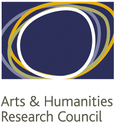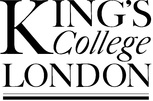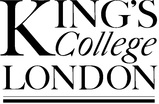Dear all,
AHRC are hosting a showcase in London on 12th March related to the Connected Communities programme. Abigail Gilmore (University of Manchester) & I have been successful in receiving funding to take part to the showcase and have commissioned an artist (Alys Scott-Hawkins) to make a short animated film entitled ' A Love Story', that articulates the tale of two protagonists in an academic and creative partnership - Claudio and Hedda - and their trials, tribulations and successes. The film explores the main themes of the research network through the narrative of love, romance and relationships.
We will also be presenting the outcomes of a twitter debate (tweetchat) where the two protagonist of this Love Story will come alive to discuss the ups and downs of creative collaborations across Higher Education and the creative economy.
If you are around on the 14th of February anytime between 11 and 1pm, it would be great if you could join the discussion with us, and with Claudio and Hedda, and engage via twitter with questions / comments and views about collaborations between academics and creative practitioners.
You can find all the relevant details about the event and joining the chat here:
http://www.creative-campus.org.uk/tweetchat.html
You can follow the discussion via the hashtag #LoveCreate
Thanks for your contribution & support,
Roberta & Abigail
AHRC are hosting a showcase in London on 12th March related to the Connected Communities programme. Abigail Gilmore (University of Manchester) & I have been successful in receiving funding to take part to the showcase and have commissioned an artist (Alys Scott-Hawkins) to make a short animated film entitled ' A Love Story', that articulates the tale of two protagonists in an academic and creative partnership - Claudio and Hedda - and their trials, tribulations and successes. The film explores the main themes of the research network through the narrative of love, romance and relationships.
We will also be presenting the outcomes of a twitter debate (tweetchat) where the two protagonist of this Love Story will come alive to discuss the ups and downs of creative collaborations across Higher Education and the creative economy.
If you are around on the 14th of February anytime between 11 and 1pm, it would be great if you could join the discussion with us, and with Claudio and Hedda, and engage via twitter with questions / comments and views about collaborations between academics and creative practitioners.
You can find all the relevant details about the event and joining the chat here:
http://www.creative-campus.org.uk/tweetchat.html
You can follow the discussion via the hashtag #LoveCreate
Thanks for your contribution & support,
Roberta & Abigail

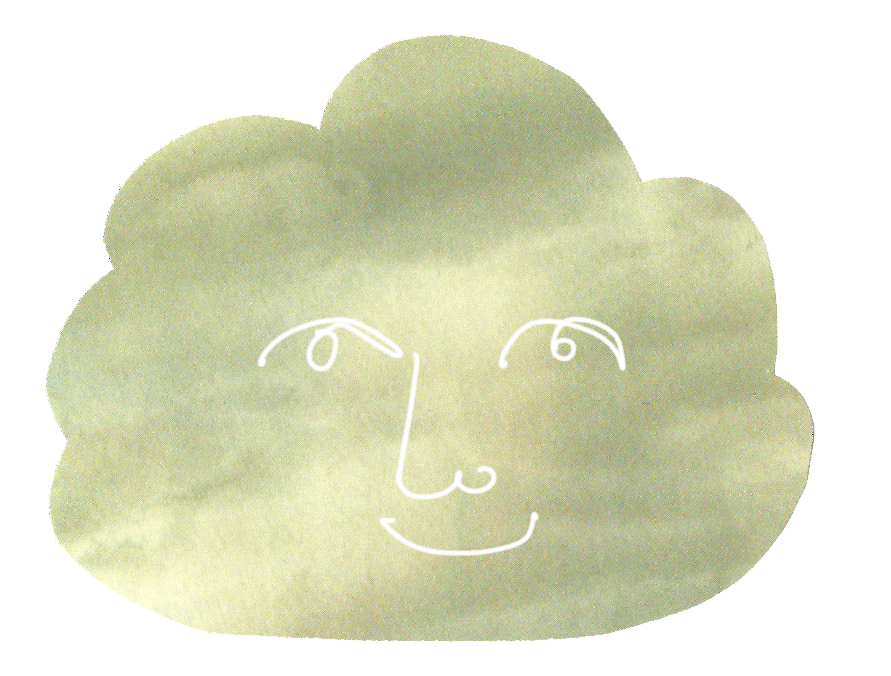
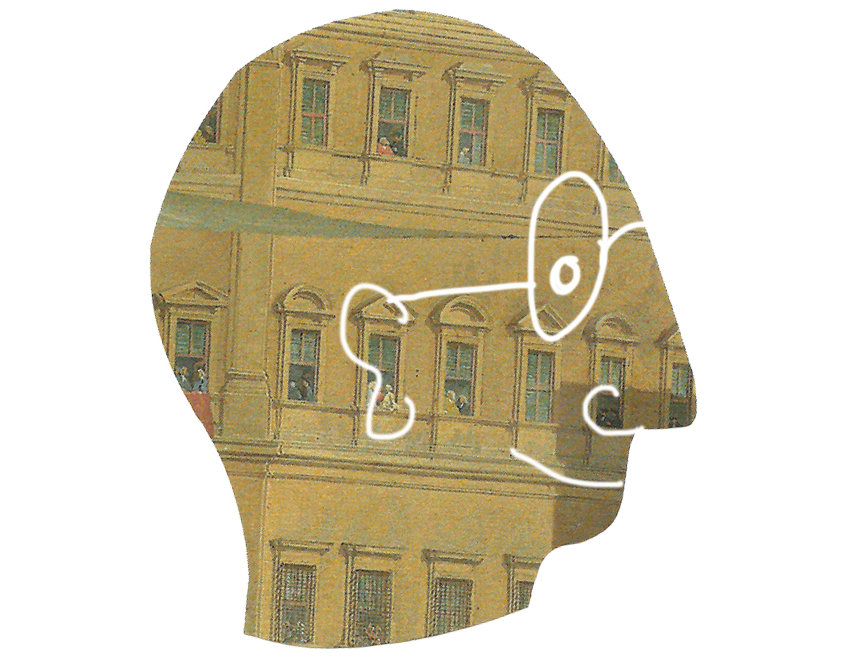
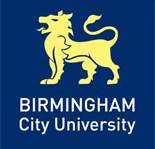

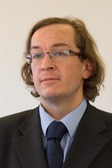
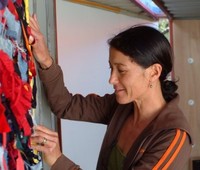

 RSS Feed
RSS Feed
